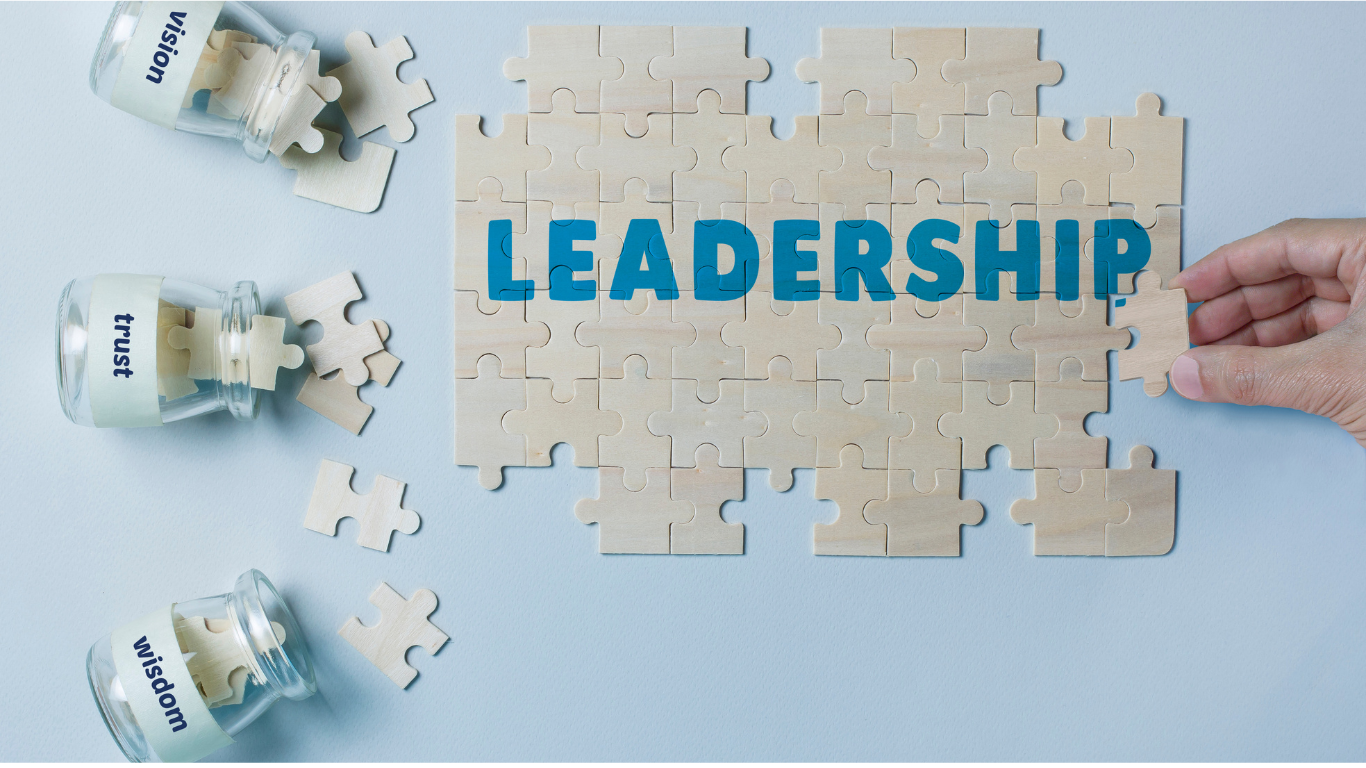
Millennials and Soft Skills- The what, the why and the how
The invention of computers, the internet, and smartphones has been great in many ways. For one thing, information is right at our fingertips. If we need an answer to a question, all we have to do is google it. Is there something we want to automate in our lives? Well, there’s an app for that.
However, all these improvements have a downside. The downside is the new generations are lacking soft skills. We often associate this with millennials, also called generation Y (born 1981-1996). While millennials have truly mastered hard skills, the heavy use of technology has left a gap in the soft skills department, especially in face-to-face communication and talking on the phone. These necessary skills have been replaced with direct messaging, twitter-sized information snippets, and disappearing snapchat images.
The good news is, unlike hard skills, soft skills are easy to brush up on with a little more face-to-face interaction and a little less screen time.
Let’s talk about the five main soft skills millennials need to work on the most and how these skills can be developed.
Five Soft Skills Millennials can develop
1. Communication and interpersonal skills
Put simply, millennials don’t listen well. The flaw here is the assumption that communication has taken place just because talking has happened. Communication works two ways and has to be solved on both sides of the coin. Listeners need to make listening a priority, and speakers need to be more precious about their words. The game Two Truths and a Lie is a game ripe for practicing communication skills as it requires paying close attention to your coworkers and listening to everyone’s questions and answers.
2. Creativity and innovation

Anyone can be creative with the right motivation to do so. However, if this skill hasn’t initially been fostered, it can take some time to develop. To promote creativity and innovation in the workplace, find something enjoyable about work and jump in with both feet. Playing a game such as What’s on Your Desk allows millennials to pump up their creative juices by selecting an item from their workstation and turning it into a product they then pitch to their peers.
3. Confidence and motivation
A lot of things contribute to low-confidence and low-motivation, but the workplace shouldn’t be one of those things. Workers of all ages – not just Millennials – are reporting low self-confidence and low self-esteem based on work interactions. This can be stopped by putting out positivity with your words and actions instead of using fear as a motivational tactic. Volunteering with a local organization is a great way to build confidence and motivation within yourself and your team members by selflessly being a part of something greater than one person.
4. Critical thinking

Studies have shown that millennials have a hard time spotting the difference between a news article, an advertisement, and an opinion article. The reason is because of the sheer amount of visual information taken in every day. On a positive note, critical thinking skills are mostly common sense. Asking more questions, being skeptical, and fact-checking sources are all positive habits, not negative. The game This Is Better Than That is a perfect problem-solving game. It requires four objects of a similar type and instructs the players to rank the items from best to worst and explain why they ranked them the way they did.
5. Accountability
Accountability and responsibility can be a touchy subject. Put simply, no one wants to be the cause of something negative, and it’s a human behavior that’s not even exclusive to millennials! Being accountable boils down to the way one thinks about life and how much control they have in it. People who feel in control of their lives have no problem being accountable for actions, while the opposite is true for those who do not feel in control of their lives. An exercise to build accountability is Watch Where You Step. In this game, blindfolded players must be guided through a maze by their not blindfolded team members.
Conclusion
If you feel like you’re lacking soft skills, remember these skills can be improved upon with consistent practice and openness. From improving confidence and self-esteem to enhancing intrapreneur skills inside the workplace, the benefit to improving these skills are numerous and many tools exist to help you in the process. Tools can include fun games you can practise at the workplace with colleagues as well as creative and challenging team building activities that focus on all five skills at once. The possibilities are endless but the important thing is to commit to improving oneself and having fun in the process!







